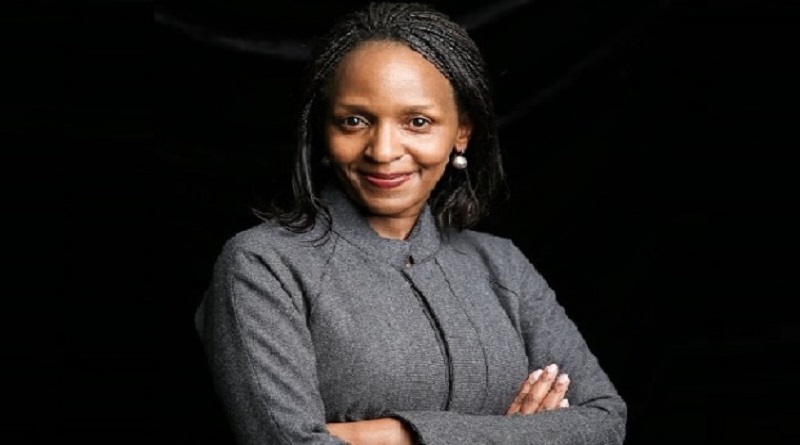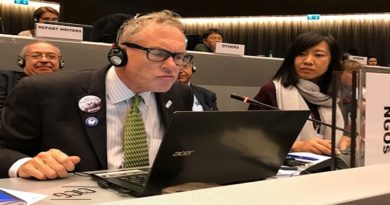UN Environment chief calls for climate action
Ahead of the United Nations Environment Assembly that will kick-off in Nairobi on Monday March 11-13, 2019, the UN Environment Acting Executive Director Joyce Msuya has issued a forceful call to action ahead of the Fourth meeting of the Assembly,
“Time is running short,” Msuya wrote in a letter to United Nations Member States. “We are past pledging and politicking. We are past commitments with little accountability. What’s at stake is life, and society, as the majority of us know it and enjoy it today.”
Citing recent United Nations reports, Msuya stressed the urgency of addressing climate change and other pressing global challenges.
The call comes as environment ministers from across the globe prepare to travel to Nairobi to participate in the world’s highest-level environmental forum. Negotiations at the Fourth UN Environment Assembly are expected to tackle critical issues such as stopping food waste, promoting the spread of electric cars, and tackling the crisis of plastic pollution in our oceans, among many other pressing challenges.
“It is time for us to truly give shape to the fundamental transformations that will be required to sustain human life – transformations in our food systems, energy systems, waste systems, economic systems – and indeed our value systems,” Msuya wrote.
She outlined five key entry points for driving the transformative changes that the planet requires: circularity, a New Deal for Nature, cities, clean cooling and renewable energy.
“If we are able to drive systemic change across these areas, then we will contribute to lifting people out of poverty and building a safer, healthier and more equitable world. Because by protecting the planet – as we have seen on so many occasions – we are also protecting its people.”
Seizing on the theme of the fourth UN Environment Assembly, Msuya called attention to the many opportunities to be found in the shift to a more sustainable world.
“Some of the most important solutions to the climate crisis – and to biodiversity loss, and to so many other challenges – will come from innovation,” she wrote. “And we have proof that well-crafted policies can kick-start innovation and help to diffuse critical new technologies at a pace and on a scale that would have seemed impossible just a generation ago.”
Msuya closed the letter with a strong and direct appeal to UN Member States, urging them to come to the Environment Assembly with courage and determination to fight for a sustainable future.
“Let us all work together to craft solutions with resolve, that transform our level of ambition. Let us strive for resolutions that demand that all of us – UN Environment, our Member States, our partners in civil society and the private sector, our citizens – make the kinds of changes that humanity needs to thrive.”




